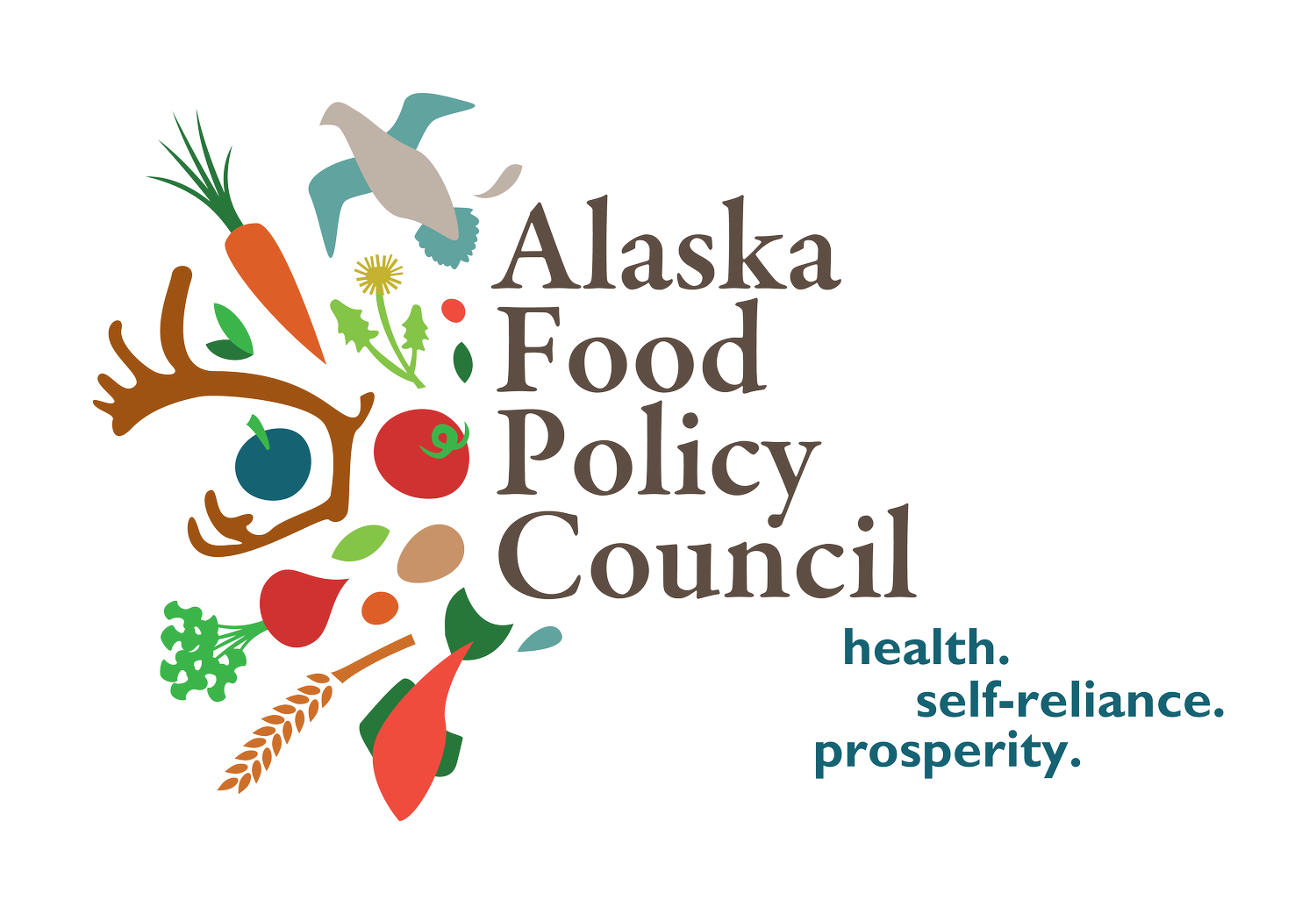by Summer Sweet, BSHS, CHES (She/Her/Hers)
Public Health AmeriCorps Service Member/ Intern
Alaska Food Policy Council
“You are what you eat”… This common saying is quite literally the most accurate statement regarding the relationship between consumed nutrition and health status. Food fuels our bodies and has always been used as a natural healing property. It makes sense that food can be used as medicine to prevent and treat chronic disease. The Food is Medicine initiative has gained recent popularity due to a more comprehensive and holistic approach to treatment for chronic disease. The initiative is growing in momentum as regions around the country start to implement related programs in medical management for patients with chronic disease as well as prevention for people who may have potential risk factors of disease. Food is Medicine is a different framework than programs such as SNAP and WIC that target food insecurity specifically. While it is true that food-insecure individuals incur chronic disease as well, the aim of Food is Medicine programs is to incorporate resources into the healthcare system for everyone to prevent and combat chronic diseases using food as a treatment plan. There are numerous benefits to implementing a Food is Medicine initiative in any community. Since there are large numbers of populations who have chronic disease, almost every community could benefit. Treating chronic disease with food has been proven to decrease risk, reduce symptoms, as well as decrease hospital admissions and costs for patients with serious illness.
There are multiple organizations and regions that currently utilize a Food is Medicine approach in patient care and collaborate with local grown food industries to maintain a cohesive program. The main idea that seems to be consistent throughout most programs includes working with medical professionals to have patients referred to a Food is Medicine program, which requires a screening or diagnosis in order to be eligible. In most of the programs there is a professional nutritionist involved, usually a Registered Dietitian, to consult on cases and create customized diet treatment plans for each patient. Meals or meal plans are created and patients are provided with instructions on how to access and prepare the food. These programs require a lot of collaboration between medical professionals, local food sources and program administrators/ public health professionals to maintain functionality. Most programs utilizing Food is Medicine approaches see positive results from their patients.
Policymakers and stakeholders should stay up to date on current Food is Medicine happenings in order to address the need for a stronger initiative nationwide and advocate for more programs to be implemented. Funding for programs tends to come from private foundations, large-scale grants, and federal/ government funding. Ideally, these programs should be adopted and included in Medicaid/ Medicare coverage and reimbursement as well. For more information and further research- visit the Food is Medicine Coalition and the Rockefeller Foundation.






